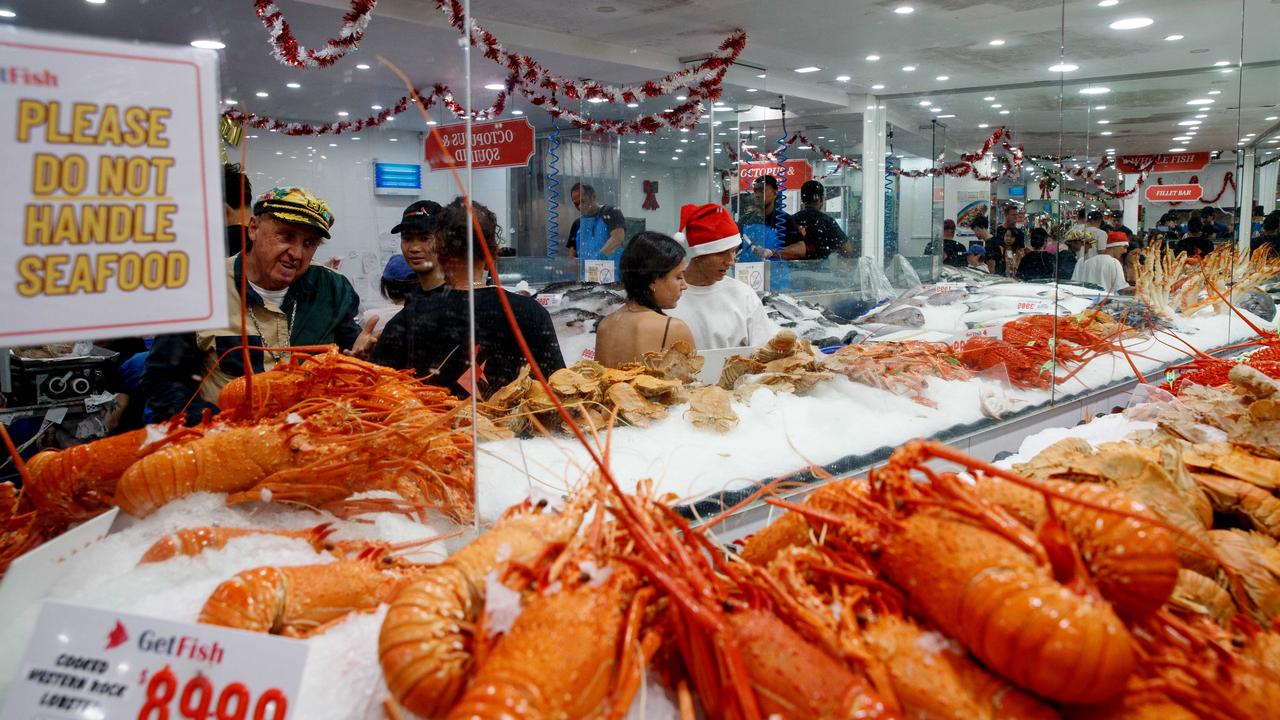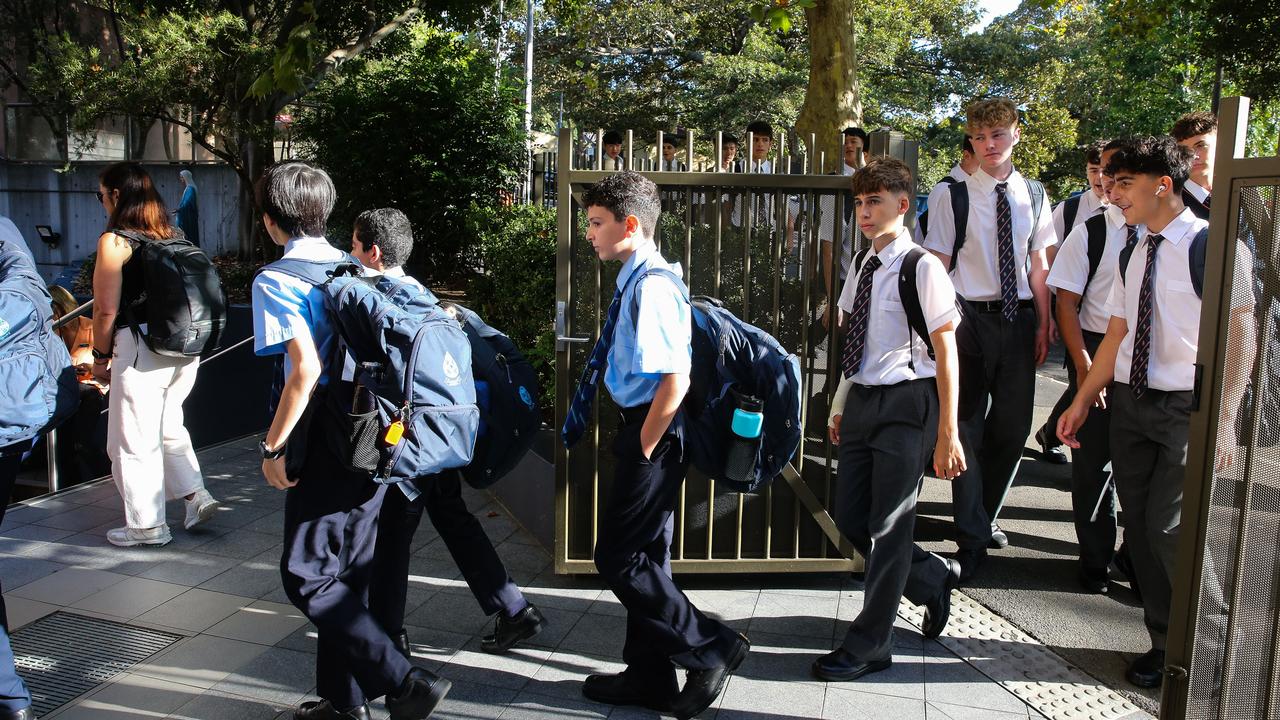Coronavirus Australia: Economic ‘second wave’ could deepen recession
One in 5 Aussies has already lost their income and the second round of economic contagion is coming – and it’s going to be “ugly”.
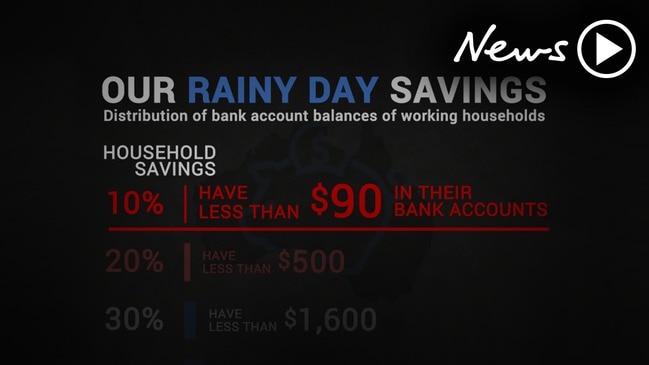
Australians are slamming their wallets shut as the coronavirus lockdown drags on, raising the prospect of an ugly second round of economic contagion.
The Commonwealth Bank just published fresh data on spending on its credit and debit cards and it was not good.
In the early weeks of the lockdown, it showed Aussies spending up to stock up. We spent more on food as we filled our pantries, we spent a lot on toilet paper, and we loaded up on booze. Cash registers at Coles and Woolworths were overflowing.
But now, the worm has turned. Aussies have bought what we need and a damaging thriftiness is settling on the economy. As the next graph shows, the blip in spending on goods is over. Combined with the huge fall in spending on services, Australia has seen a 20 per cent fall in overall consumer spending compared to last year.
RELATED: Follow the latest coronavirus updates
RELATED: The only valid excuses for going outside

Retailers that had a good start to the pandemic must now be looking at the future with concern. They need us to feel confident. But we don’t.
The economic impact of this coronavirus shutdown is going to be bad, but how bad is still unclear. And when people are faced with that sort of uncertainty, they usually decide to save money rather than spend.
The creeping fear may not be evident in stock markets, which have rallied enormously from their mid-March lows. But it is very evident in the consumer economy. In fact, the Westpac consumer sentiment index just set a new record.
“This is the single biggest monthly decline in the 47-year history of the survey,” said Westpac chief economist Bill Evans.
As the next graph shows, Australian consumers are now more worried than they were during the Global Financial Crisis.
RELATED: Who gets extra money and when will it arrive?
RELATED: How to apply for the JobSeeker payment
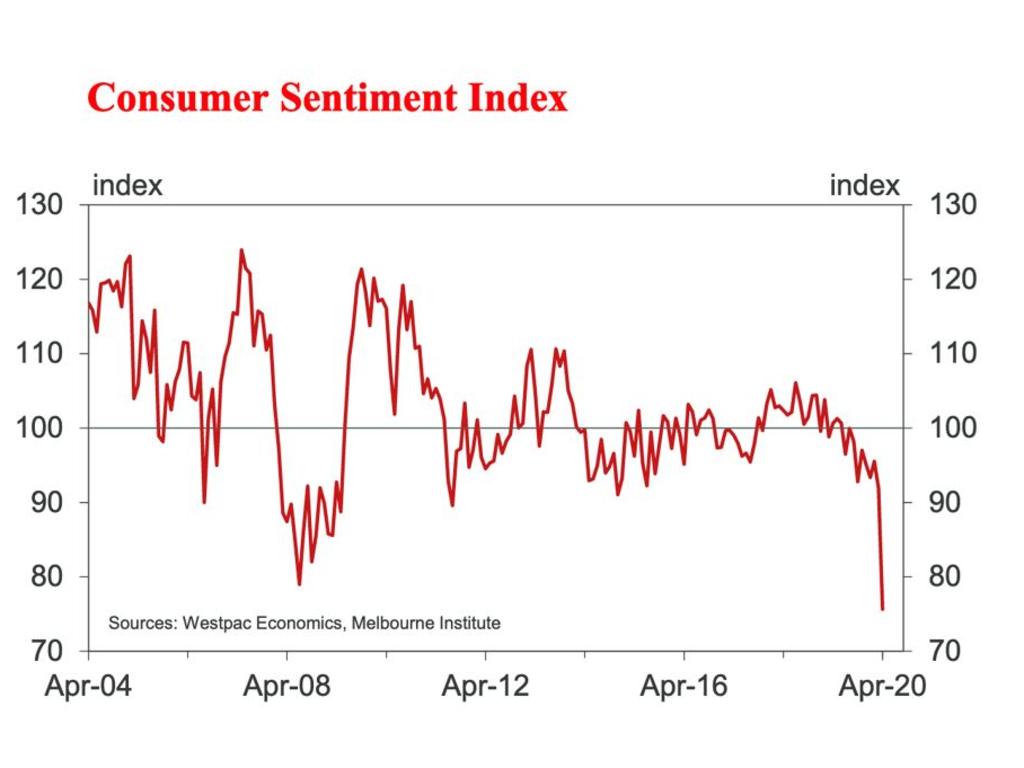
This matters because one person’s spending is another person’s income. We all rely on an optimistic outlook that keeps the money flowing around. The opposite of that – a pessimistic outlook that causes the flow to stop – is devastating.
They call it the paradox of thrift – one person saving money is wise, but when we all try to save money at once, we worsen the economy.
EMPLOYMENT HAS BEEN SMASHED
The Westpac Survey suggests 7 per cent of employed people had lost their job and another 14 per cent of people had been stood down from work. That’s 21 per cent of people.
“This survey result implies that over one in five workers have lost their entire wage income,” said Bill Evans, calling the result “sobering”.
For the 14 per cent of people that have been stood down, these numbers on consumer spending and consumer sentiment are extremely unwelcome. The number signals that they might not ever be back in work.
With 21 per cent of people having lost an income waiting for their JobSeeker or JobKeeper payment to come through, and the rest of us worrying we might be next, the second round of economic contagion is coming. The first round was due to lockdowns. The second round is due to escalating fear.
RELATED: What deferring mortgage repayments means for your credit score
RELATED: How do I apply for free childcare?
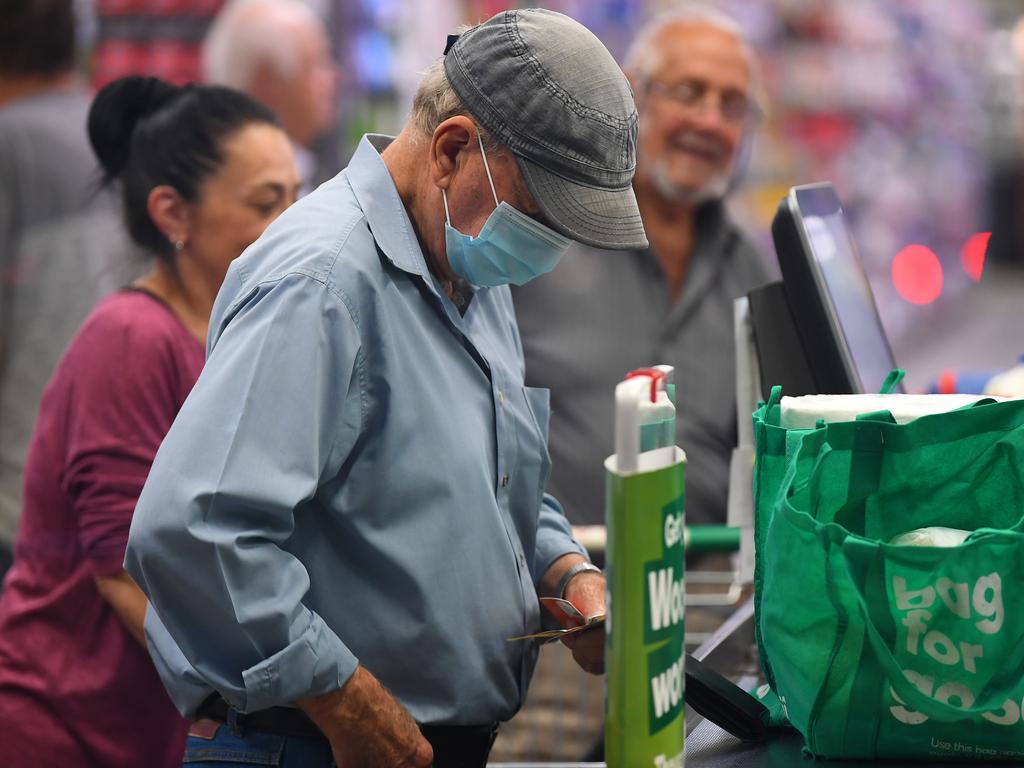
A QUICK RECOVERY?
The one bright spot among all of this is hope for the medium term. We are still hopeful we can recover fast. According to the Westpac consumer sentiment survey, expectations for where the economy will be in five years’ time have fallen only slightly. They are still higher than they were in 2014.
The IMF backs that view. It is predicting the worst economic downturn since the Great Depression of the 1930s. Australian GDP is expected to fall by 6.7 per cent. But it also expects a quick recovery. It is expecting a massive 6.1 per cent growth in GDP in the year 2021. Of course, that assumes the virus has been beaten back. Let’s hope these lockdowns have not been in vain.
Jason Murphy is an economist | @jasemurphy. He is the author of the book Incentivology.


